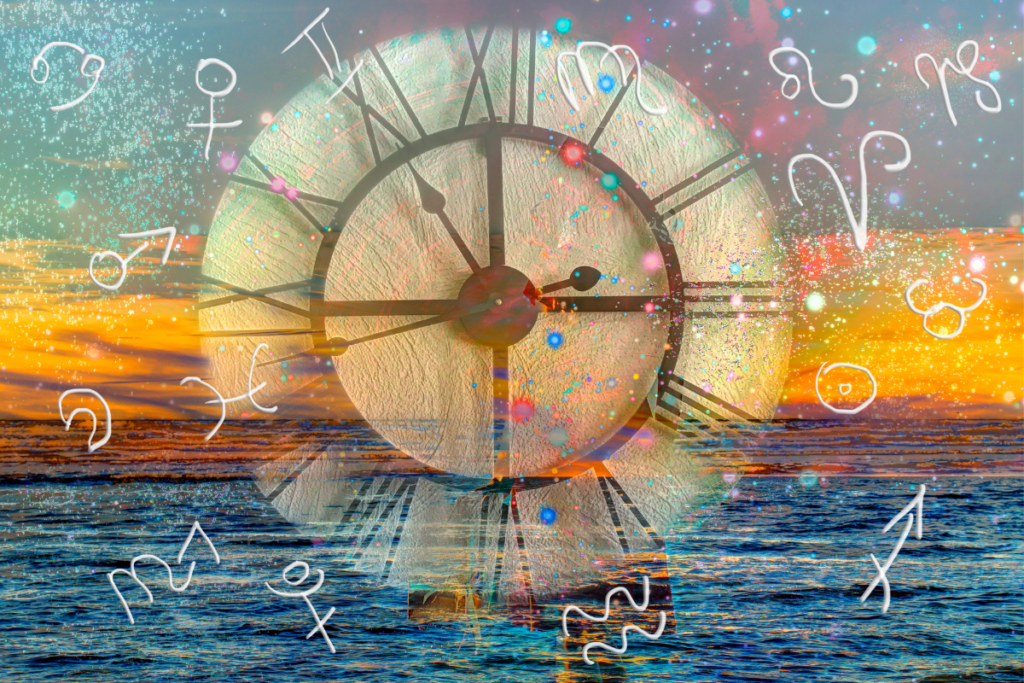The fascination with astrology and zodiac signs has persisted for centuries, shaping beliefs and influencing decisions across cultures.
While many people enjoy reading horoscopes and identifying with their astrological signs, there is often debate about the accuracy and scientific basis of these beliefs.
This article delves into the myths and realities surrounding zodiac signs, exploring their origins, characteristics, and the extent to which they reflect our personalities and destinies.
Origins of Zodiac Signs

The concept of zodiac signs originates from ancient astronomy and astrology practices, dating back to civilizations like the Babylonians and the Egyptians.
These early astronomers observed patterns in the movements of celestial bodies, particularly the Sun and planets, and linked them to certain personality traits and events on Earth.
The zodiac system we recognize today is primarily based on the twelve constellations that lie along the ecliptic, the apparent path of the Sun across the celestial sphere throughout the year.
Mythological Associations

Each zodiac sign is associated with a specific constellation and has its own mythological origins.
For instance, Aries is linked to the ram from Greek mythology, while Cancer draws its symbolism from the crab of the same name.
These mythological associations add layers of meaning and storytelling to each astrological sign, contributing to their cultural significance.
Astrological Profiles: Characteristics and Traits
Astrologers assign distinct personality traits to each zodiac sign based on the positioning of the Sun at the time of birth.
Here’s a brief overview of the twelve signs and their commonly attributed traits:
- Aries (March 21 – April 19): Courageous, energetic, and assertive.
- Taurus (April 20 – May 20): Reliable, patient, and practical.
- Gemini (May 21 – June 20): Adaptable, curious, and witty.
- Cancer (June 21 – July 22): Nurturing, sensitive, and intuitive.
- Leo (July 23 – August 22): Confident, generous, and charismatic.
- Virgo (August 23 – September 22): Analytical, practical, and meticulous.
- Libra (September 23 – October 22): Diplomatic, cooperative, and fair-minded.
- Scorpio (October 23 – November 21): Passionate, resourceful, and determined.
- Sagittarius (November 22 – December 21): Optimistic, adventurous, and philosophical.
- Capricorn (December 22 – January 19): Ambitious, disciplined, and responsible.
- Aquarius (January 20 – February 18): Progressive, independent, and humanitarian.
- Pisces (February 19 – March 20): Imaginative, compassionate, and sensitive.
These traits are often used to create astrological profiles and compatibility charts, guiding individuals in understanding themselves and their relationships with others.
Scientific Critique and Skepticism

Despite its popularity, astrology faces significant skepticism from the scientific community.
Critics argue that astrology lacks empirical evidence and does not adhere to the principles of scientific inquiry.
The Barnum effect, where people accept vague or general statements as personally meaningful, is often cited as a psychological explanation for why horoscopes and astrological readings resonate with many individuals.
Psychological Perspectives
Psychologists have studied the psychological factors behind belief in astrology.
The concept of “self-attribution bias” suggests that individuals interpret vague astrological predictions in ways that confirm their existing beliefs about themselves.
Moreover, the Forer effect explains why people perceive astrological readings as accurate even when they are broadly applicable to most individuals.
Cultural and Personal Significance
Despite scientific skepticism, astrology continues to hold cultural significance and personal meaning for millions of people worldwide.
Many individuals find comfort and guidance in astrological interpretations, using them as tools for self-reflection, decision-making, and understanding relationships.
Conclusion
In conclusion, the debate over zodiac signs revolves around their cultural significance versus their scientific validity.
While astrology offers a rich tapestry of mythological symbolism and personality insights, its claims remain unproven by empirical research.
Whether one views astrology as a meaningful guide or a pseudoscience, its enduring popularity underscores its role in shaping cultural narratives and personal beliefs about destiny and personality.
Understanding the myths and realities of zodiac signs requires a balanced perspective that acknowledges their cultural impact while critically examining their scientific basis.
As astrology continues to evolve alongside advances in science and psychology, its influence on society and individual beliefs remains a fascinating subject of study and debate.







